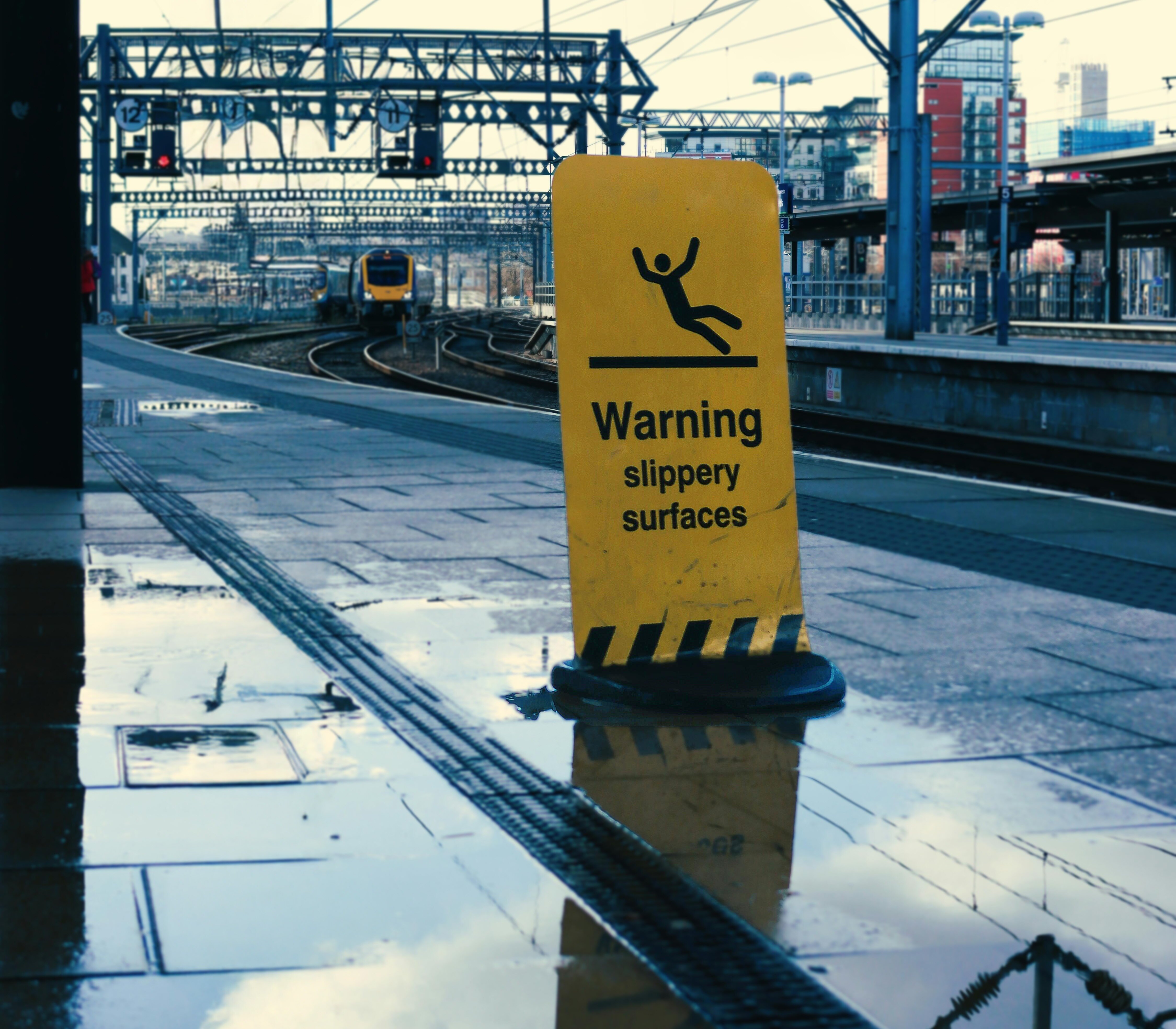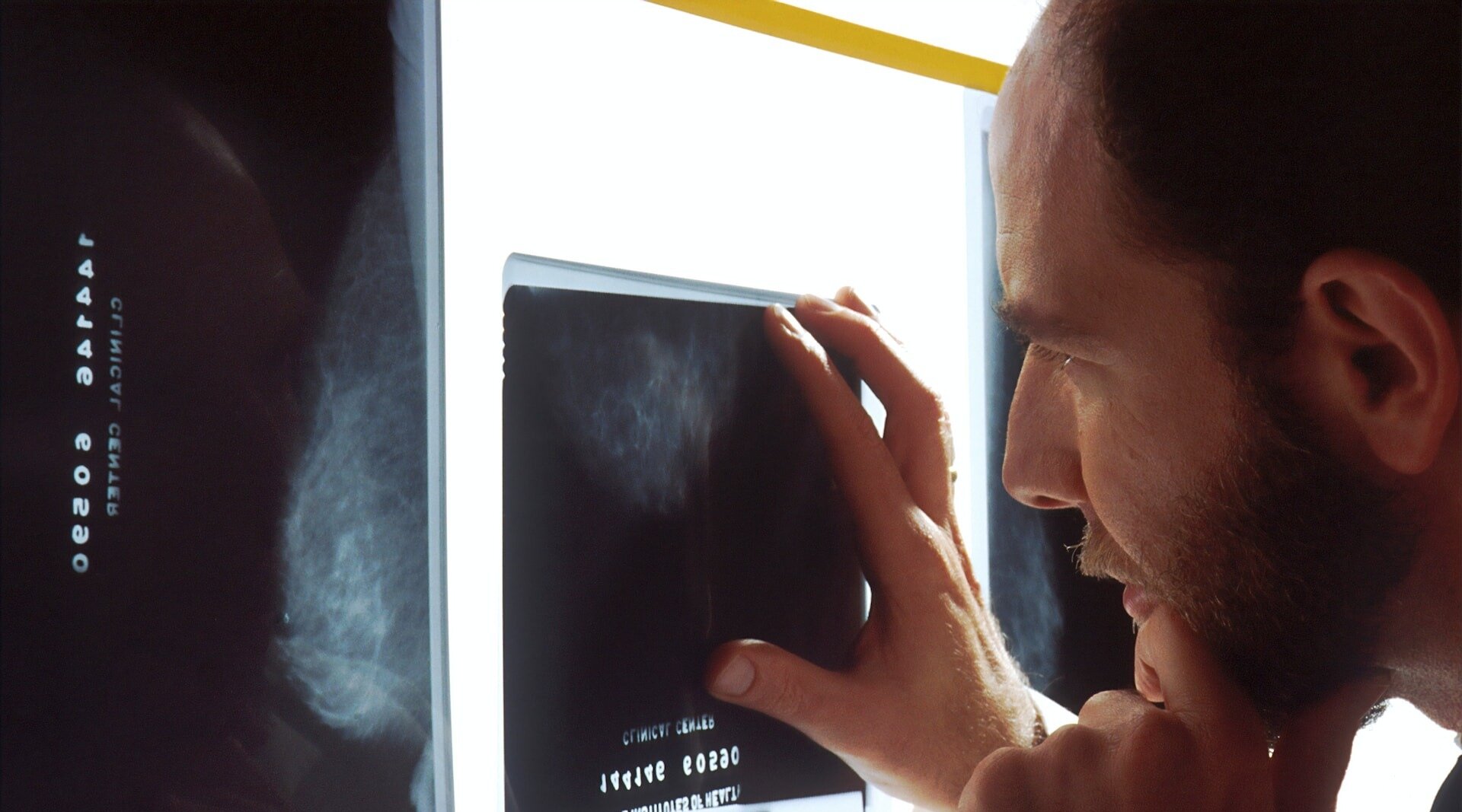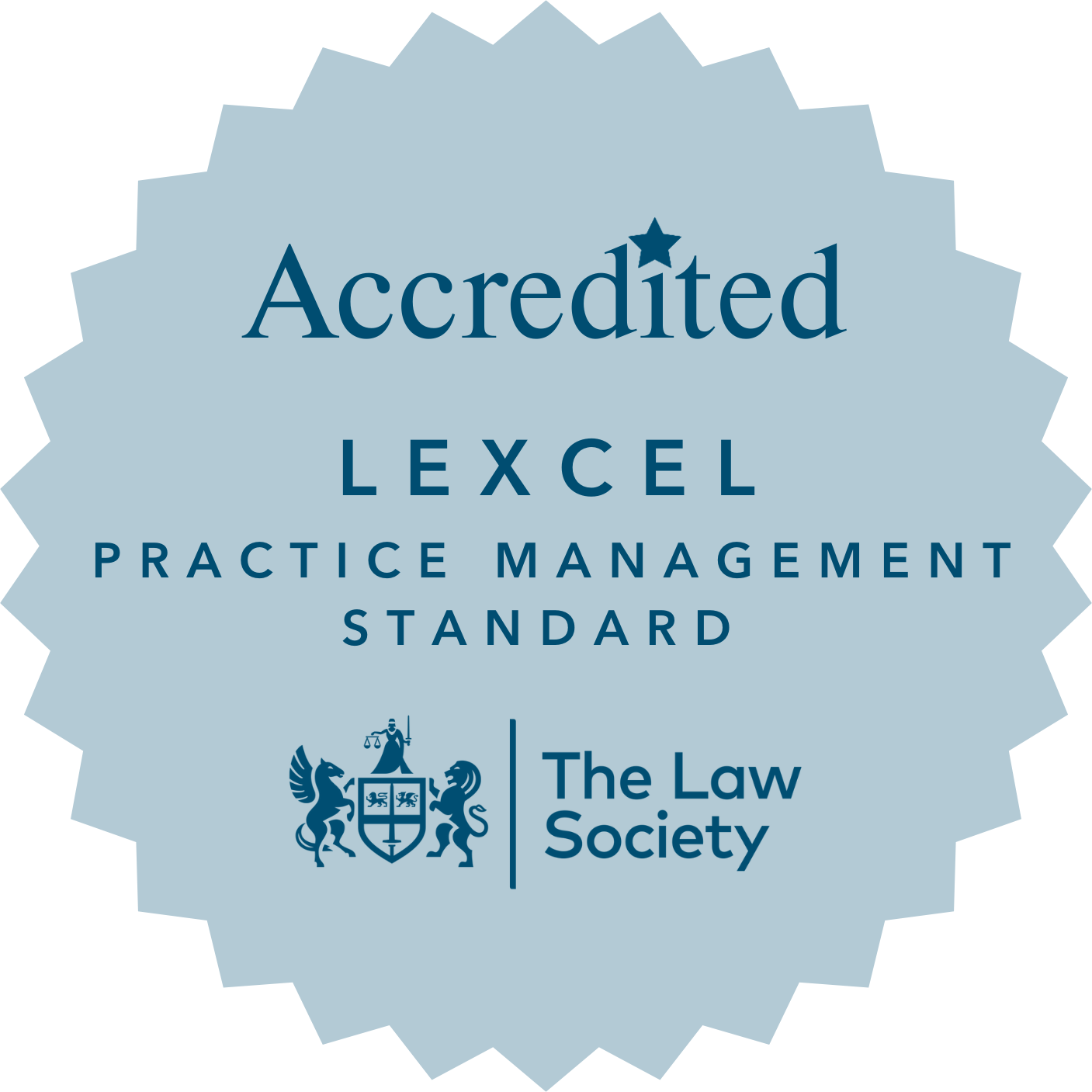Sepsis Claim Solicitors
Sepsis (a form of blood poisoning) is a potentially life-threatening condition which occurs when the body’s immune system overreacts to an infection.
Although in most cases our immune system can fight infection by releasing chemicals into the bloodstream, if our body’s response to these chemicals is out of balance, our response can trigger changes which then causes damage to tissues and organs instead.
Once the infection is in the bloodstream it can affect the entire body and can lead to organ failure. If not treated urgently it can become a life-threatening condition where our response causes a sudden and dangerous drop in blood pressure and the Sepsis progresses to Septic shock. If left untreated this can result in death.
In recent years the numbers of Sepsis cases have risen which experts believe could be linked to our increased resistance to antibiotics. In addition, the number of medical negligence cases have also risen where the signs and symptoms have been missed or overlooked.
What are the symptoms?
According to the UK Sepsis Trust, 5 people die of Sepsis every hour in the UK, with 1 in 4 sufferers being left with permanent life changing consequences. Because the symptoms of Sepsis can initially mirror flu or a chest infection it can sometimes be difficult to reach an early diagnosis. The symptoms of Sepsis can also vary with age and where there is a history of illness or surgery.
Symptoms of sepsis in Adults can include:
- S – Slurred speech and decreased mental ability / confusion
- E – Extreme shivering, chills or muscle pain
- P – Passing no urine (in a day)
- S – Severe breathlessness or fast heart rate
- I – It feels like you have never felt as unwell
- S – Skin is mottled or discoloured
… whilst symptoms in Children can include:
- Fever, low temperature, fits or convulsions
- Confusion and disorientation
- Feeling cold to touch
- A rash that does not fade when pressed or having mottled, bluish, and clammy skin
- Breathing very fast
- Very tired or difficult to wake
… and symptoms in Babies and Very Young Children can also include:
- Not feeding as usual or being sick repeatedly
- Not passing urine for 12 hours
What is the treatment?
The NICE (National Institute for Health and Care Excellence) Guidelines published in 2016 provide clinicians with guidance on how to spot signs of Sepsis and understand how to manage and treat the condition as early as possible. Generally, patients should be treated within 1 hour of diagnosis by being administered oxygen, fluids and intravenous antibiotics. If treated quickly, recovery without any lasting side effects is possible. However, any delay in diagnosis and treatment can lead to serious complications and survival rates can drastically reduce to less than 50%.
When negligence can occur
Although fatalities can happen even with the best quality of care, there are some instances where substandard medical treatment or delays in diagnosis occur where symptoms are not dealt with quickly enough or have been misdiagnosed for something less severe.
In order to explore a possible claim and identify if errors in care have taken place, several expert opinions may be necessary to prove this and outcomes and compensation will vary case by case. Whilst Sepsis can lead to loss of life in the most serious cases, it can also lead to long-lasting injuries as well as loss of earnings, travel and treatment expenses and costs of any care needed during recovery. It is common amongst survivors to also experience physical, emotional and psychological problems whilst recovering. Examples of these include recurring infections, insomnia, hair loss, short term memory loss and depression.
The next steps – how we can help
At Sills & Betteridge, we understand that the effects of Sepsis can be devastating and can have an enormous impact on the quality of life of the person affected. If you or a loved one have been affected by Medical Negligence whilst being treated for Sepsis, then we are here to help you explore and prove your claim to recover any compensation you deserve.
If you feel that you may have been affected by Medical Negligence then please contact us. Sills & Betteridge Solicitors have a specialist Medical Negligence team with a wealth of experience and are fully committed to obtaining the best possible outcome for you. We are very approachable and will listen carefully to your concerns.




















